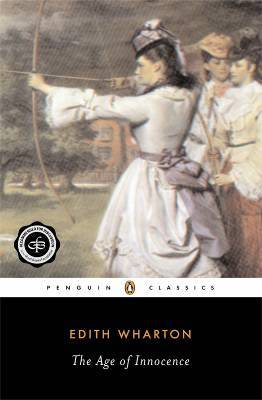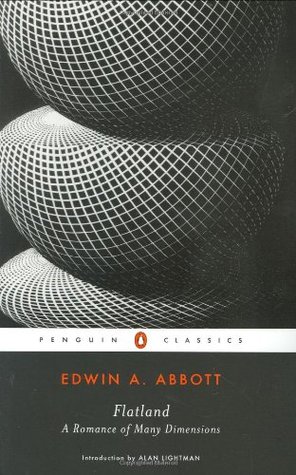 On a drizzling afternoon in old London, in an age when men of certain stature or pretension still carried swords about the city's crowded streets, two scholars sat fireside at the Grecian Coffee-House on Devereux Court, arguing fiercely over the accent of a Greek word.
On a drizzling afternoon in old London, in an age when men of certain stature or pretension still carried swords about the city's crowded streets, two scholars sat fireside at the Grecian Coffee-House on Devereux Court, arguing fiercely over the accent of a Greek word. "The pun is commonly dismissed as the lowest form of wit, and punsters are often unpopular for their obsessive wordplay. But such attitudes are relatively recent developments. In The Pun Also Rises, John Pollack-a former World Pun Champion and presidential speechwriter for Bill Clinton-explains why such wordplay is significant: It both revolutionized language and played a pivotal role in making the modern world possible. Skillfully weaving together stories and evidence from history, brain science, pop culture, literature, anthropology, and humor, The Pun Also Rises is an authoritative yet playful exploration of a practice that is common, in one form or another, to virtually every language on earth. At once entertaining and educational, this engaging book answers fundamental questions: Just what is a pun, and why do people make them? How did punning impact the development of human language, and how did that drive creativity and progress? And why, after centuries of decline, does the pun still matter?"
The Pun Also Rises is a slim but clever exploration of the fascination that puns have for some of us, and the exasperation for others. Or both. Because of the book's length, I raced throughout without really writing down any notes, but I did find it fascinating. I'd never really thought before about the scientific aspects of punning and humor in general. After all, depressing though the thought is, we only find things funny because of reactions in the brain. Everything happens solely because of reactions in the brain. The only reason I'm able to type this review is because of my brain (and my hands too, of course). You get the point.
The humor we find in puns themselves is basically at least partially because of the incongruity good puns cause between our right and left hemispheres as the brain tries to toggle both meanings. Of course, knowing this might take the humor out of puns for some, but I found it interesting to know. The brain is such a fascinating organ, and obviously that's a grossly oversimplified explanation; Pollack goes into greater detail, although most of the book isn't scientific.
There are many great puns from history woven into the book, as Pollack explores the many ways in which puns and other humor have helped form society. That said, I think he made a few too many leaps in declaring puns to be so, so influential on culture; I wasn't entirely convinced, although some of his arguments made sense. After all, puns allow us to consider different contexts, and to realize dual (or triple) meanings of things. Pollack reveals that in reality, interpreting and processing the pun takes a lot of effort on the brain's part.
There's a fair amount of history in The Pun Also Rises, both the history of puns and of nations. This is, I think, where I wasn't entirely convinced; Pollack wrote as if puns were the single most important part of society at certain periods, when obviously this wasn't the case. I realize this was a book on puns, but it almost felt like he was focusing too much on puns. Does that make sense? Anyway, the history was still really intriguing, and I enjoyed reading about the way that puns have pervaded much of society, and also how they began to fall and become denigrated as low-brow humor.
As well as including puns in anecdotes, there are many puns in the chapter titles and subheadings (and in the title and subtitle). One of my favorites was the pun where someone was asked whether they would like a nightcap before bed or a candle to take with them and they responded in ancient Greek "Neither one nor the other", which phonetically sounds like "Neither toddy nor tallow". It was genius.
Anyway, ultimately through this delightful book, Pollack illustrates that puns are indeed more than "some antics."
154 pages.
Rating: ****







